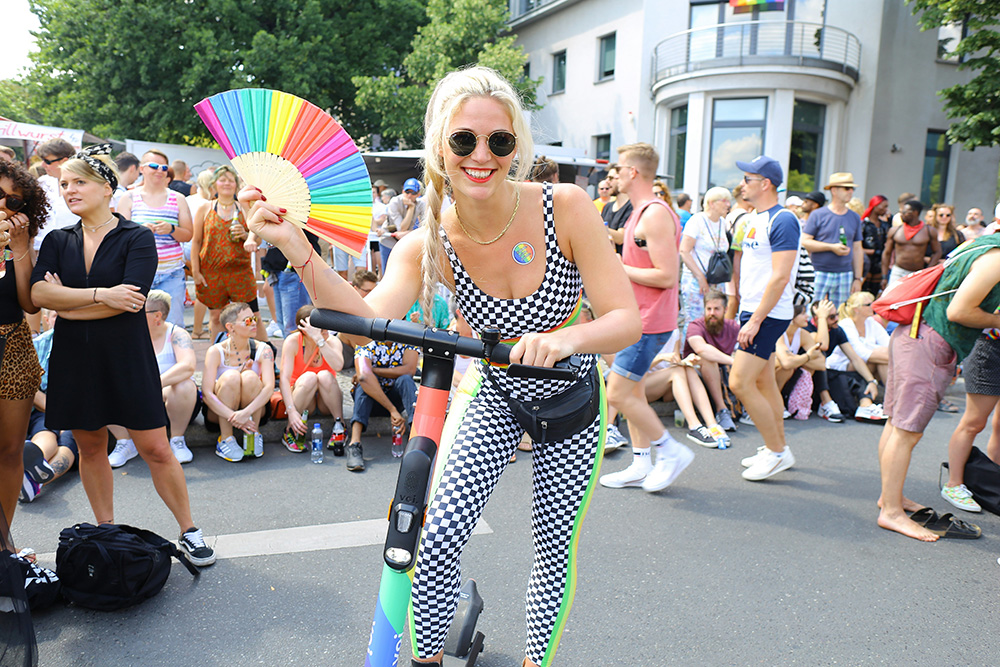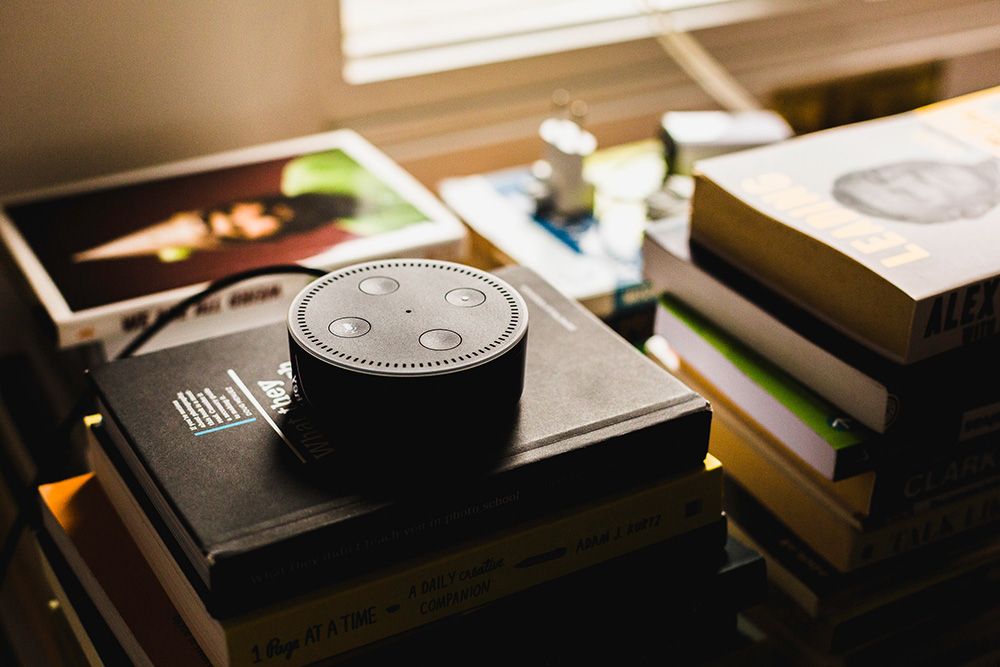On January 29, 2024, the article “‘Ick bin een Berlina’: dialect proficiency impacts a robot’s trustworthiness and competence evaluation” was published in Frontiers in Robotics and AI. Authors are Katharina Kühne, Erika Herbold, Oliver Bendel, Yuefang Zhou, and Martin H. Fischer. With the exception of Oliver Bendel – who is a professor at the School of FHNW and an associated researcher in the PECoG group – all of them are members of the University of Potsdam. The paper says about the background: “Robots are increasingly used as interaction partners with humans. Social robots are designed to follow expected behavioral norms when engaging with humans and are available with different voices and even accents. Some studies suggest that people prefer robots to speak in the user’s dialect, while others indicate a preference for different dialects.” The following results are mentioned: “We found a positive relationship between participants’ self-reported Berlin dialect proficiency and trustworthiness in the dialect-speaking robot. Only when controlled for demographic factors, there was a positive association between participants’ dialect proficiency, dialect performance and their assessment of robot’s competence for the standard German-speaking robot. Participants’ age, gender, length of residency in Berlin, and device used to respond also influenced assessments. Finally, the robot’s competence positively predicted its trustworthiness.” The article can be accessed at www.frontiersin.org/articles/10.3389/frobt.2023.1241519/full.
The Enhancement of Bixby
The Korean company Samsung Electronics announced new updates to its voice assistant Bixby that are designed to improve user experience, performance, and capabilities of the intelligent assistant and platform. One of the most interesting innovations concerns the voice of the users. According to Samsung, they “can personalize their Bixby Text Call voice”. “Using the new Bixby Custom Voice Creator, users can record different sentences for Bixby to analyze and create an AI generated copy of their voice and tone. Currently available in Korean, this generated voice is planned to be compatible with other Samsung apps beyond phone calls” (Samsung, 22 February 2023). As early as 2017, Oliver Bendel wrote with respect to Adobe VoCo: “Today, just a few minutes of samples are enough to be able to imitate a speaker convincingly in all kinds of statements.” In his article “The synthetization of human voices”, published in AI & Society, he also made ethical considerations. Now there seems to be a recognized market for such applications and they are being rolled out more widely.
Paper on the SPACE THEA Project
The paper “The SPACE THEA Project” by Martin Spathelf and Oliver Bendel was accepted at the AAAI 2022 Spring Symposia (Stanford University). The two authors will present it at the end of March 2022 at the symposium “How Fair is Fair? Achieving Wellbeing AI”. From the abstract: “In some situations, no professional human contact can be available. Accordingly, one remains alone with one’s problems and fears. A manned Mars flight is certainly such a situation. A voice assistant that shows empathy and assists the astronauts could be a solution. In the SPACE THEA project, a prototype with such capabilities was developed using Google Assistant and Dialogflow Essentials. The voice assistant has a personality based on characteristics such as functional intelligence, sincerity, creativity, and emotional intelligence. It proves itself in seven different scenarios designed to represent the daily lives of astronauts, addressing operational crises and human problems. The paper describes the seven scenarios in detail, and lists technical and conceptual foundations of the voice assistant. Finally, the most important results are stated and the chapters are summarized.” More information about the AAAI 2022 Spring Symposia is available here.
Swiss Space Days 2020
The Swiss Space Days offer – according to the responsible persons – a platform to exchange experiences and to support cooperation. It is possible to listen to prominent speakers involving ESA directors, representatives of Swiss companies and of the Large European System Integrators. “A high level panel is closing the morning session of the first day. In the afternoon of the first Day, a session will cater to the needs of companies and a parallel session will address the interests of the scientific community. The second day is dedicated to space applications and downstream services using Earth Observation, Telecom and/or Navigation data. A panel with representatives of institutional programmes and of user companies will conclude the Swiss Space Days …” (Website Swiss Space Days) On the marketplace there are several offers and requests for partnerships and research cooperations, for example regarding IGLUNA (“IGLUNA is a platform gathering students from all around the world to demonstrate innovative space technologies”) and the voicebot SPACE THEA (“SPACE THEA is designed to accompany astronauts to Mars and to show them empathy and emotions.”). More information via ssd2020.b2match.io.
Dialects and Accents as a Challenge for Voice Assistants
Voice assistants often have difficulties with dialects. This was already evident in the case of Siri in 2012. In German-speaking Switzerland, she did not always understand users. There is a similar problem in the UK. Alexa and other voice assistants have trouble understanding the accents there. According to the Guardian, the BBC is preparing to launch a rival to Amazon’s Alexa called Beeb (a nickname for the public service broadcaster, just like “Auntie”). “The voice assistant, which has been created by an in-house BBC team, will be launched next year, with a focus on enabling people to find their favourite programmes and interact with online services. While some US-developed products have struggled to understand strong regional accents, the BBC will … ask staff in offices around the UK to record their voices and make sure the software understands them.” (Guardian, 27 August 2019) Auntie has no plans to develop or offer a physical product such as Amazon’s Echo speaker or a Google Home device. Instead, the Beeb software will be built into the BBC online services. It remains to be seen whether this will solve all problems of comprehension.




